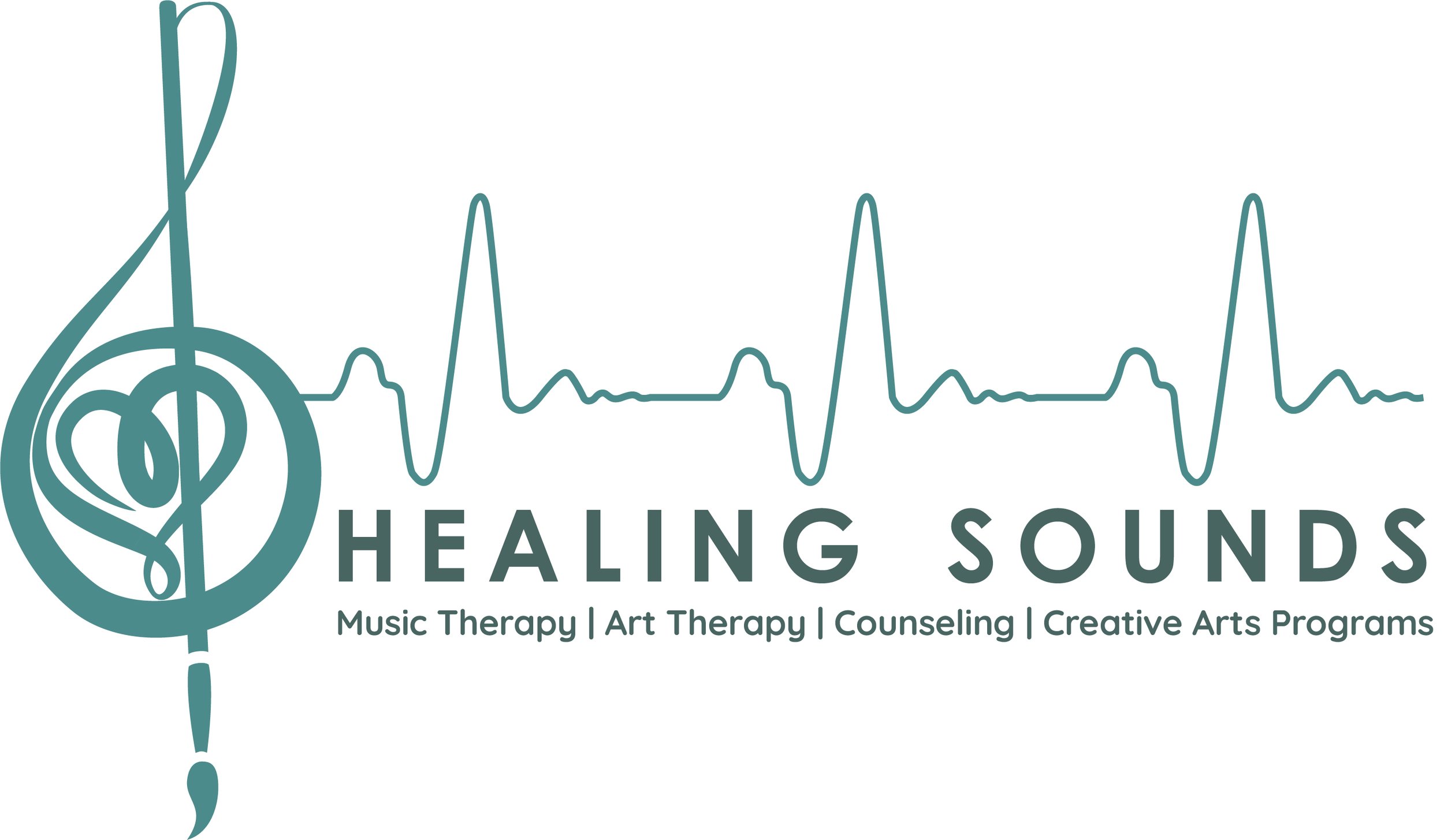Counseling FAQ
What is the difference between counseling and music therapy?
The biggest difference between music therapy and counseling is already in the name. Music is the main focus in music therapy whether that be singing, playing instruments, or discussing lyrics. In counseling the clinician is focused on talking, validating and guiding you through issues that you have expressed are important.
All of our music therapists have at least a bachelor’s degree in music therapy while our counselors hold a graduate degree in counseling. Besides the difference in educational background, a major difference is in the medium that is used to create change. Music therapists use music purposefully throughout the session to work on non-musical goals like lowering anxiety, improving mood and accepting self. When committing to music therapy, the client knows that music will be central to each session and to getting the results they desire.
Counselors pull from a variety of talk therapy techniques while validating, empathizing and supporting the client with goals that may relate to mental health or life situations. Our therapists utilize approaches and techniques to include behavior therapies and solution focused approaches. At times, our counselors will suggest expressive interventions like mindfulness and music, art based reflections or guided imagery and music. However, the client is always in control of their treatment and can choose whether or not to utilize the arts.
What specialties do your clinicians have?
Our clinicians have additional training in Cognitive Behavioral Therapy, the Bonney Method of Guided Imagery and Music, Acceptance and Commitment Therapy, Mindfulness and Motivational Interviewing. We practice with a person centered approach to talk therapy, meaning your therapist will not judge what you say, but may reflect your words to fully understand your thoughts and feelings.
All therapists are trauma informed, LGBTQ affirming, body positive and racial justice allied. We have additional training on how to support people with mental health concerns that are also diagnosed with Developmental Disabilities or Autism Spectrum Disorders.
Specialty areas of our counselors include:
Anxiety
Depression
Stress
Life Transitions
Self Esteem
Common reasons people seek support from our counselors:
Coping Skills
Women's Issues
Career Counseling
Grief/loss
Sleep or Insomnia
Spirituality
Relationships
Overwhelmed with work/life balance
Self-acceptance
Time management
Eating disorders
Emotional Regulation
What happens in a counseling session?
After scheduling a consultation to determine which therapist is the best fit for you, we will lock in an appointment time and date. Intake paperwork will be sent to verify your insurance and any copayments, collect personal information and become familiar with our privacy practices. Prior to the first appointment, you will be asked to answer a questionnaire that will assist us in determining what’s most important to include in your treatment plan.
During the first session, the therapist will take notes on what you believe is important and ask clarifying questions to get a picture of what is most important for you. Together, we will design a plan to accomplish your goals. We will discuss what interventions we may use and what you will be most comfortable with. We will decide about in-person or virtual appointments and frequency.
By working alongside the therapist to create your treatment plan, you are committing to get results. Your open communication throughout the therapeutic relationship will be essential to your progress. By attending regularly and completing any “homework” you are committing to meaningful personal growth and fulfillment.
Can I use my insurance to pay for counseling?
All of our counselors accept Medicaid (Anthem Health Keepers, Aetna Better Health, Optum and Optima. Residents in counseling also accept private pay and sliding scale payments for their services. In addition, Anna takes some traditional managed care insurance plans like Anthem BCBS, Aetna and United. Payments for services can be made with Flexible Spending Accounts or Health Savings Accounts.
